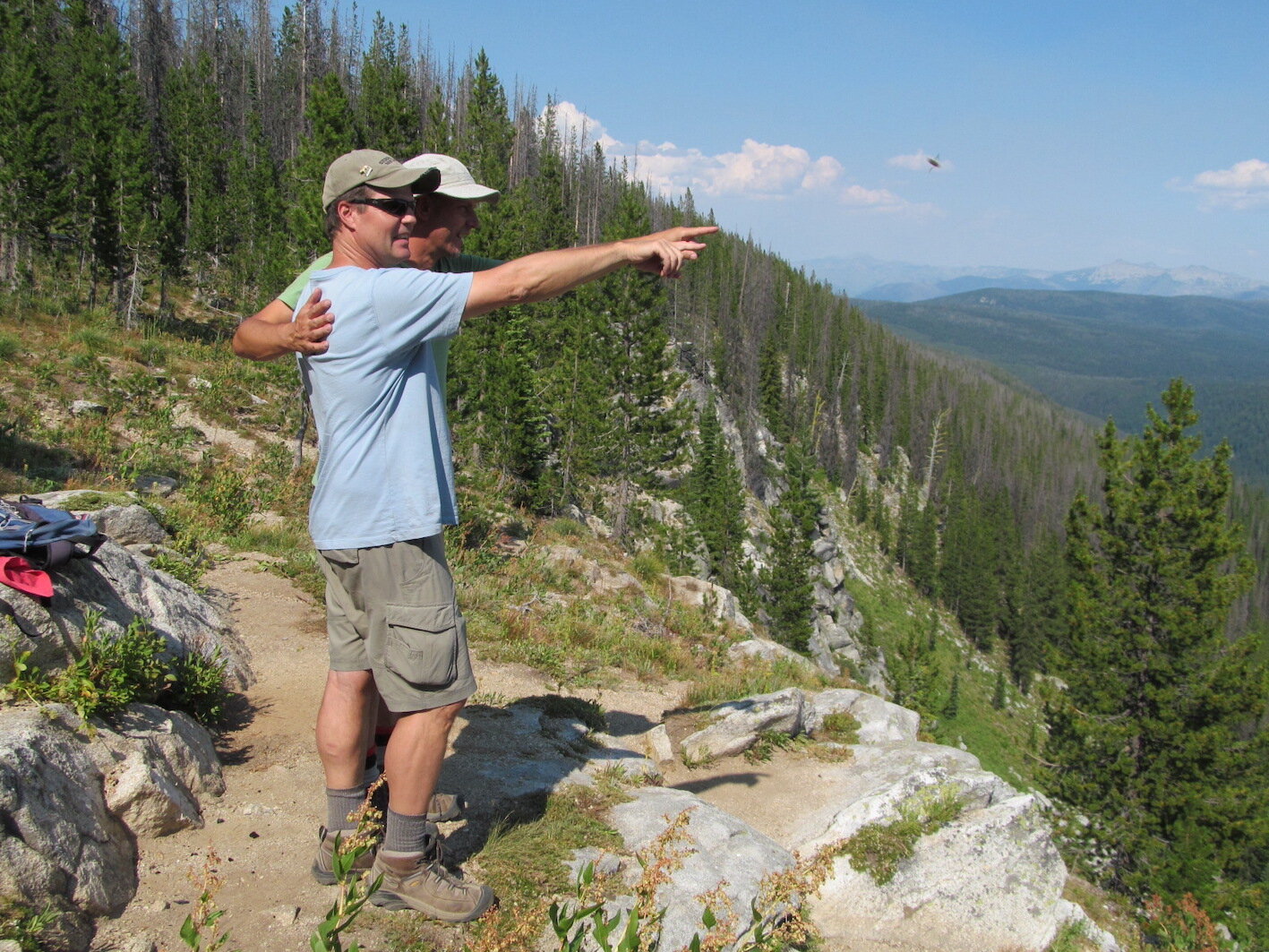"The way we've conceived cities for the past 100 years has been far too extractive, far too one-dimensional. We need cities that are more productive, multi-dimensional, and adaptable." Ludo Pittie leads WSP’s 75-strong UK landscape and urban design team, guiding the company’s landscape strategy and design thinking, and is also driving a global WSP exploration of ‘the Future Ready Landscape’ which strives to anticipate future needs, and embed adaptable design practices to create sustainable places that are ready for today and tomorrow.
Urban spaces should be biophilic interconnected systems that prioritise human and ecological wellbeing. This goes beyond traditional sustainability, we need regenerative design, an approach that doesn't just minimise harm, but actively restores and enhances natural systems.
The 15-minute city concept reimagines urban living. "It's about providing essential social needs locally," Ludo explains. "Access to schools, food production, healthcare – all within a 15-minute radius. It's about creating communities that can truly thrive."
READ ON… and watch the interview…




















